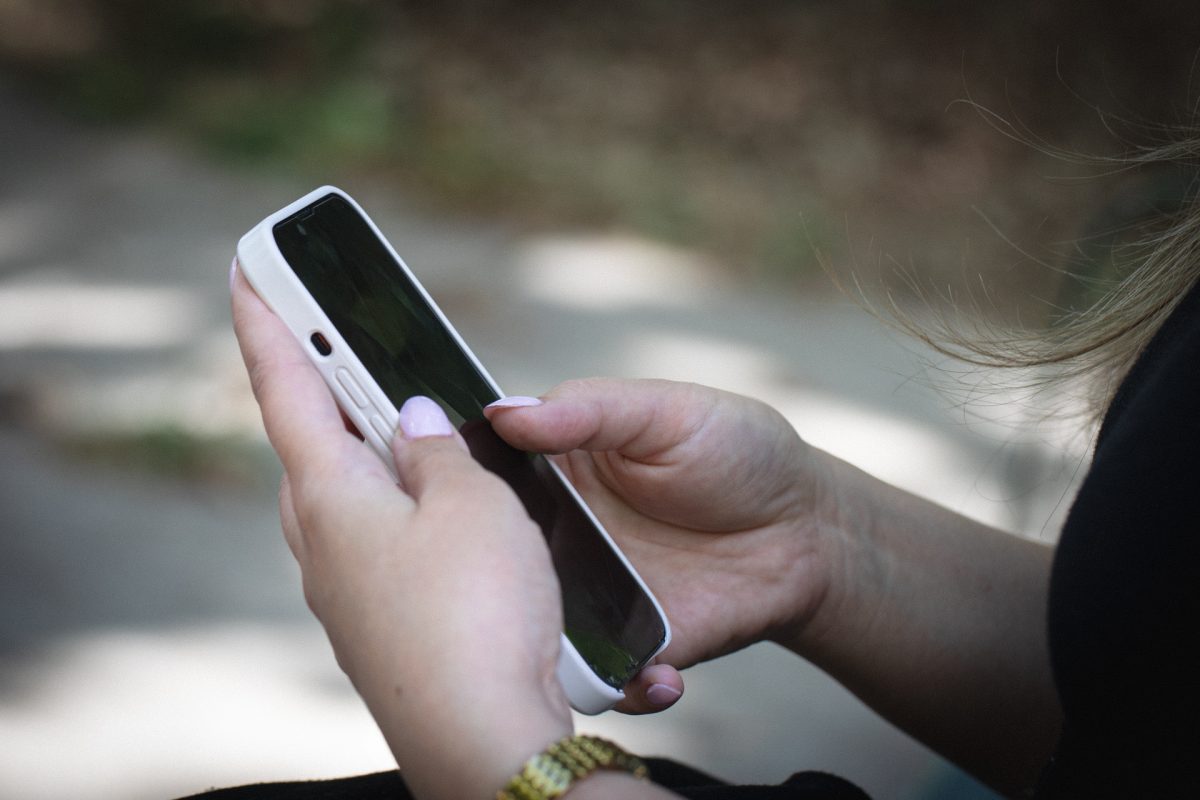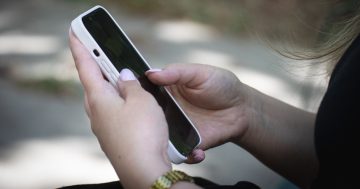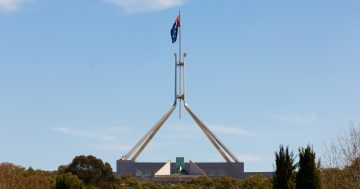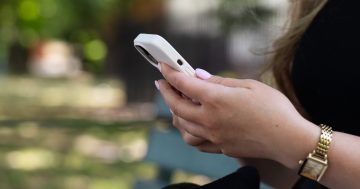
Legislation to ban under-16s from using social media has been introduced to Federal Parliament. Photo: Michelle Kroll.
Legislation to ban under-16s from using social media has been introduced to the Federal Parliament, with Anthony Albanese acknowledging it will be a “difficult task” to implement the proposed new laws.
Introduced on Thursday (21 November), the bill is an amendment to the Online Safety Act and has world-leading provisions.
“This is something no government around the world has been able to achieve yet,” the Prime Minister said.
“This is a global problem and we want young Australians, essentially, to have a childhood. We want parents to have peace of mind. I want them to communicate – young person to young person – not just through their devices.
“We know social media is doing social harm. We want Australian children to have a childhood, and we want parents to know the government is in their corner.
“This is a landmark reform. We know some kids will find workarounds, but we’re sending a message to social media companies to clean up their act.”
The bill says little about how social media platforms will be made to comply with the new rules and enforce a ban on under-16s from creating and using an account.
The terms “likely have”, “some form” and “age assurance” (as opposed to age verification) are used.
The legislation does not seek to stop people under 16 from watching videos on YouTube or seeing content on Facebook but is focused on preventing accounts from being created.
The Federal Government says its Online Safety Amendment (Social Media Minimum Age) Bill 2024 aims to deliver greater protections for young Australians during critical stages of their development.
It will require social media platforms to take “reasonable steps” to prevent under-16s from having accounts.
The law places the onus on social media platforms, and not parents or young people, to take “reasonable steps” to ensure these protections are in place.
The bill will create a new definition of age-restricted social media platforms, including Snapchat, TikTok, Instagram and X among others.
It seeks to ensure young Australians have continued access to messaging and online gaming, as well as access to health and education-related services like Headspace, Kids Helpline, Google Classroom and YouTube.
Stronger penalties for online safety breaches will be introduced, which will see digital platforms face fines of up to $49.5 million for systemic breaches.
Communications Minister Michelle Rowland said the new law will contain robust privacy provisions, including requiring platforms to ringfence and destroy any information collected to safeguard the personal information of all Australians.
She said the law is designed to be responsive to changes in technology and services and is aimed at supporting parents to keep their children safe online.
“This legislation will go a long way to providing that support and creating a new normal in the community around what age is okay to use social media,” she said.
“Platforms have a responsibility to provide safe products and look after the mental health of young Australians.
“We need to create a strong incentive for compliance and increasing the maximum penalties for online safety breaches to up to $49.5 million brings our penalty framework into line with other laws.
“Keeping children safe – wherever they are – is a collective responsibility, and the Albanese Government is stepping up to play our role.”
The legislation was designed following extensive feedback from young Australians, parents, experts, industry, community organisations and state and territory governments.
There are no grandfather provisions in the bill, making it difficult and unclear how the social media platforms will manage their millions of existing young users who must be excluded and “de-platformed”.
Opposition Leader Peter Dutton supports the ban and placed pressure on the government to introduce the legislation now so it can be seated before parliament rises for the year.
Once passed, the new laws would see Australia lead the world in banning social media for children and young teenagers.
Some countries have already set in train laws to curb social media use by children, but none have tried using biometrics or government identification methods as proposed by the Albanese government.
Just how age verification (or age assurance) will be policed remains a mystery. The planned age limit is also set higher in Australia than it is in other countries.


















